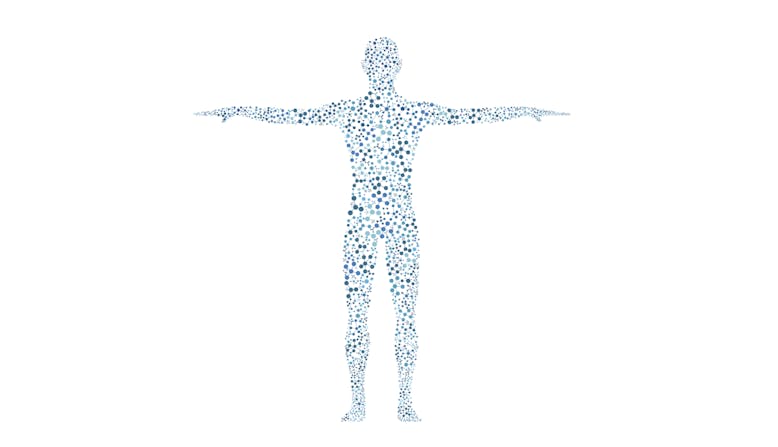How Does Psoriatic Disease Affect the Immune System?
Psoriatic disease is an immune-mediated disease that includes psoriasis, along with other comorbidities such as psoriatic arthritis (PsA) and related systemic inflammation. In people living with psoriasis and/or PsA, the immune system is triggered and activated, acting as though there are harmful pathogens attacking the body.
This inflammation can present with noticeable signs such as discoloration of the skin or swelling around joints. However, the overactive immune system may also lead to inflammation a person cannot see. Inside the body, inflammation can affect organs and organ systems and lead to other health conditions (also called comorbidities) associated with psoriatic disease. Comorbidities of psoriatic disease include cardiovascular disease, metabolic syndrome, obesity, hypertension (high blood pressure), type 2 diabetes, anxiety and depression, and more.
Researchers who study psoriatic disease are still working to identify the substances that trigger this immune response. One possibility could be certain kinds of bacteria acting as antigens (a foreign substance that triggers an immune response). For example, sometimes streptococcal infection (known as strep throat) can trigger a case of guttate psoriasis. Another possible antigen could be antimicrobial peptides, molecules made by the body that are part of the immune system and work as antibiotics.

.png?ixlib=gatsbyFP&auto=compress%2Cformat&fit=max&rect=12%2C0%2C1175%2C675&w=778&h=447)

